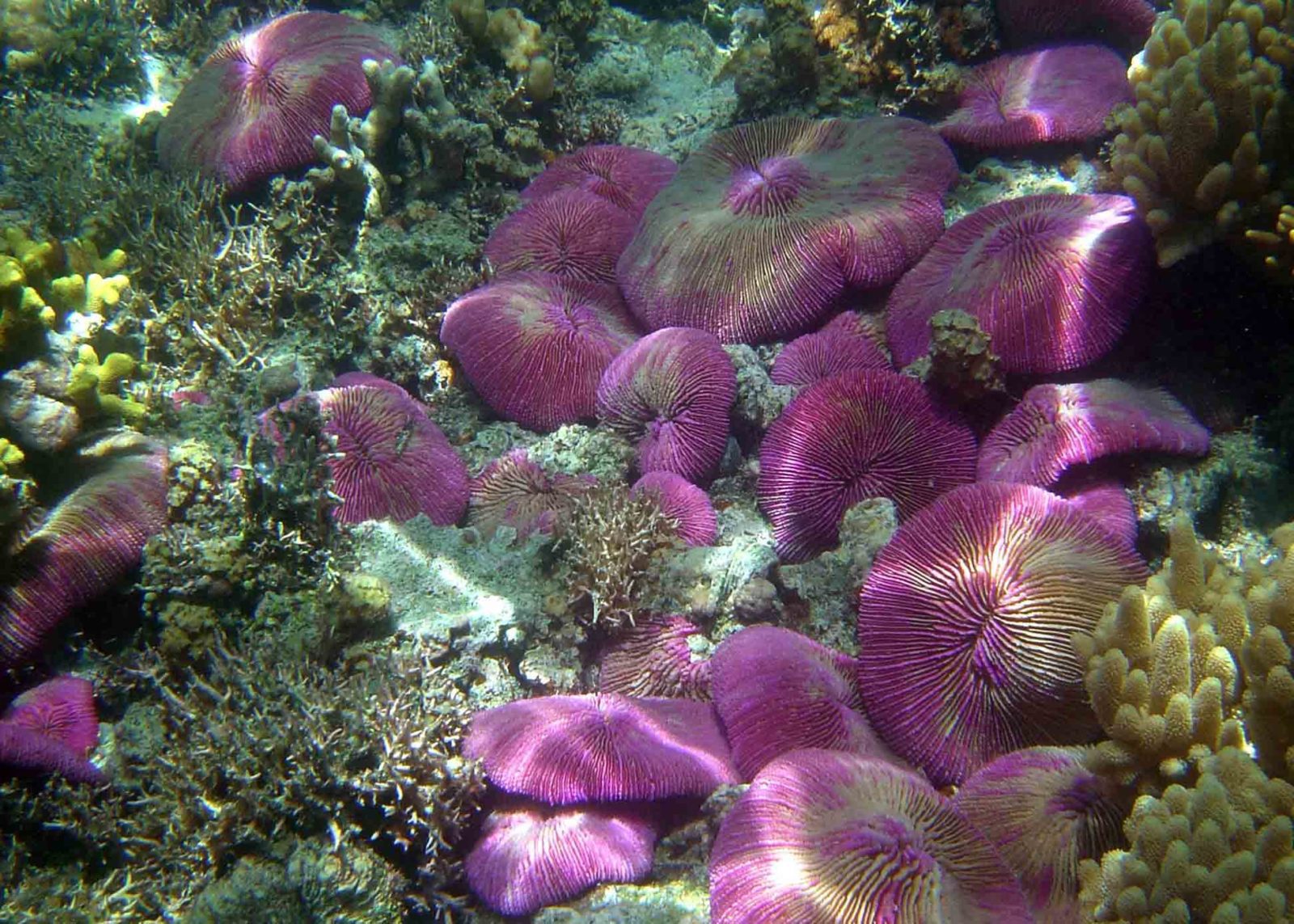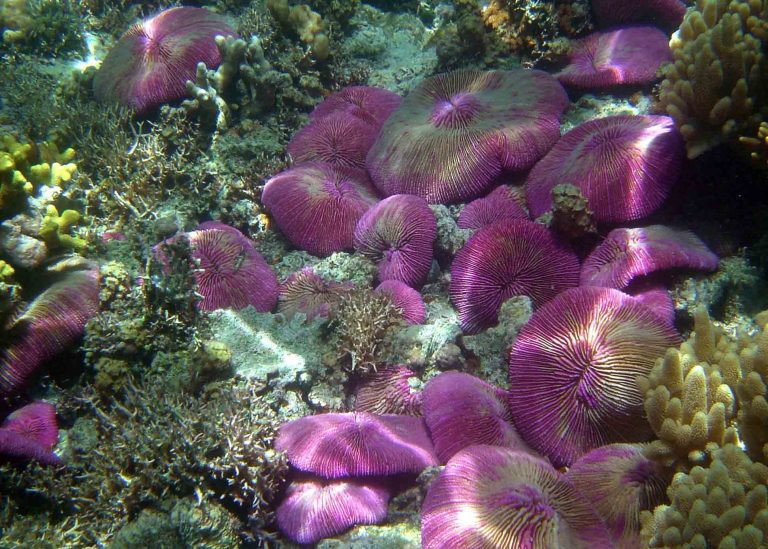Scuba diving is one way to see what’s happening to the world’s reefs – another is to head skywards for a bird’s-eye view. And the USA’s space agency reckons there’s no contest.

NASA is launching a three-year Earth science expedition that it says will survey more of the world’s coral reefs than ever before – and in far greater detail.
The mission of the Coral Reef Airborne Laboratory (CORAL) is “to measure the condition of these threatened eco-systems and create a unique database of uniform scale and quality”.
Very little of the world’s reefs has been studied scientifically, says NASA, because measurements have been largely confined to “expensive, labour-intensive diving expeditions”.
“The state of the art for collecting coral-reef data is scuba-diving with a tape measure,” says CORAL principal investigator Eric Hochberg, a scientist at the Bermuda Institute of Ocean Sciences. “It’s analogous to looking at a few trees and then trying to say what the forest is doing.”
Hochberg’s team is set to survey the condition of entire reef systems in Australia, Florida, Hawaii, Palau and the Mariana Islands, using the Portable Remote Imaging Spectrometer (PRISM) developed by NASA in its Jet Propulsion Laboratory.
The airborne instrument records light reflected up from the ocean, allowing researchers to pick out the unique spectral signatures of living corals and algae. Coral-to-algae ratio is an indicator of reef health.
The data will, however, still need to be validated using in-water measurements. Reef condition will be analysed in the context of prevailing physical, chemical and human factors to reveal how the environment shapes reef eco-systems.
Although the current project will still cover only 3-4% of the world’s reefs, NASA expects CORAL to vastly increase available reef-health data, and allow predictions “based on numbers, rather than just ideas”, says Hochberg. “Ideally, in a decade or so we’ll have a satellite that can frequently and accurately observe all of the world’s reefs.”
Find out more about NASA’s Earth science research here
DIVERNET – The Biggest Online Resource for Scuba Divers
13-Jun-16

